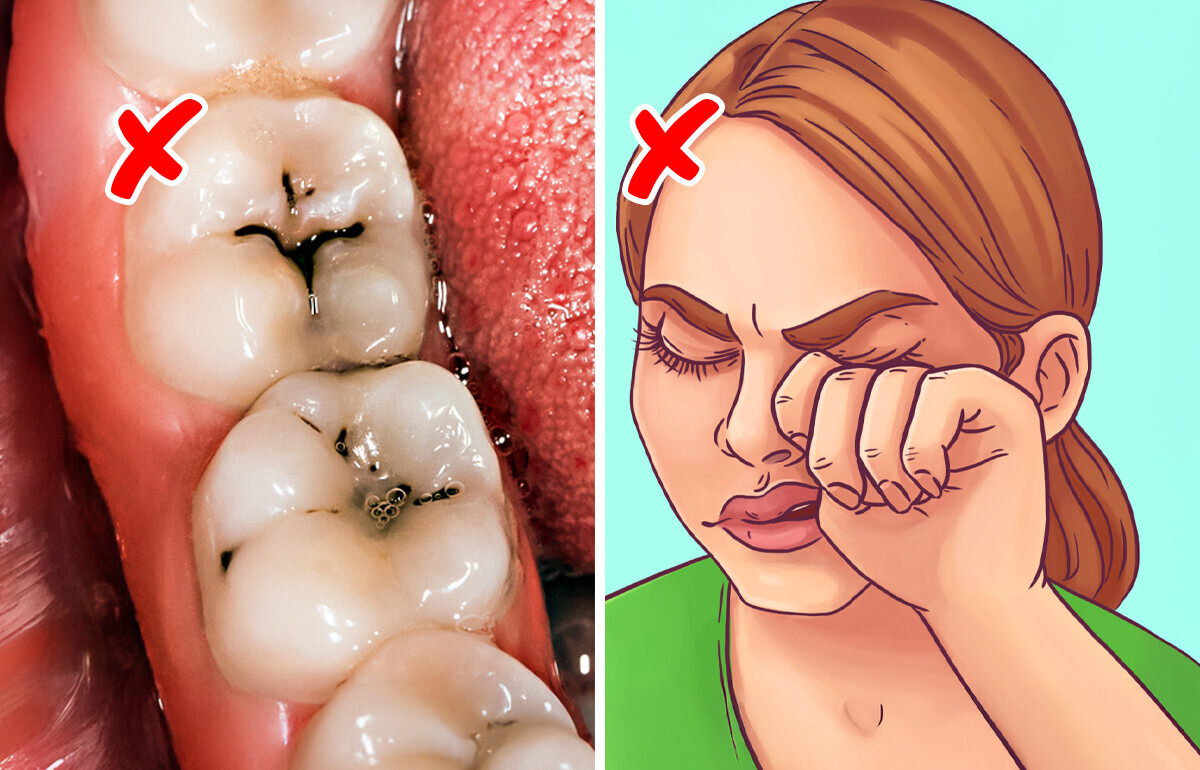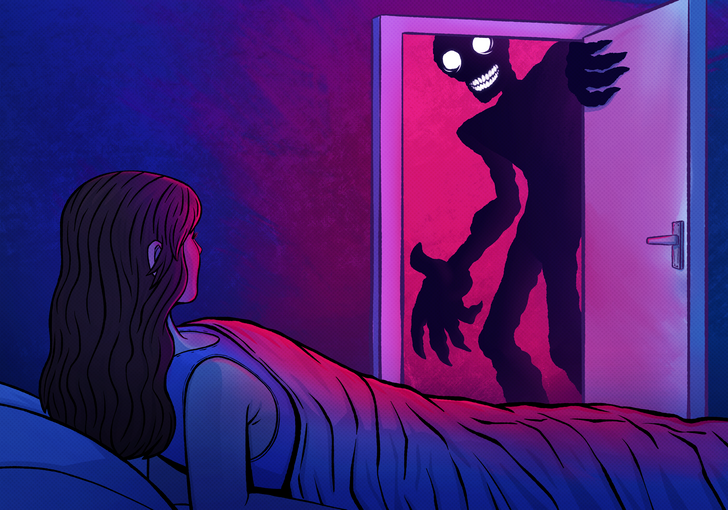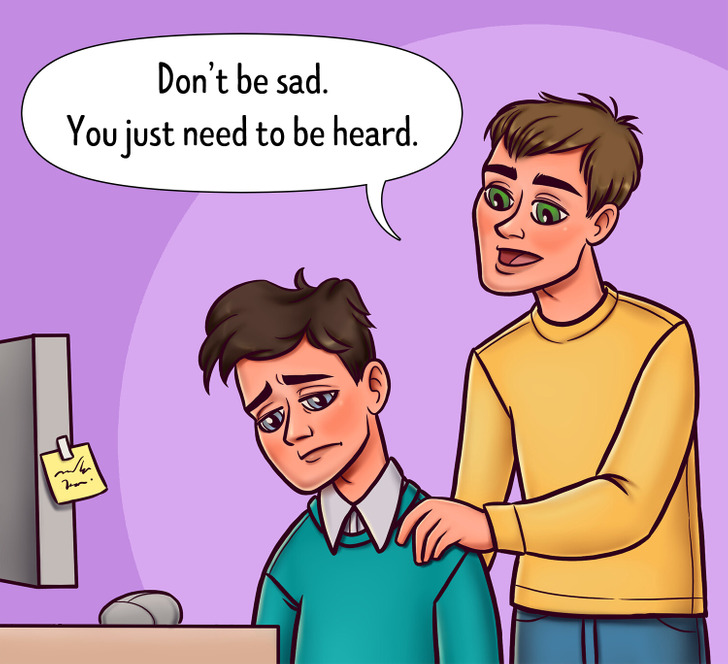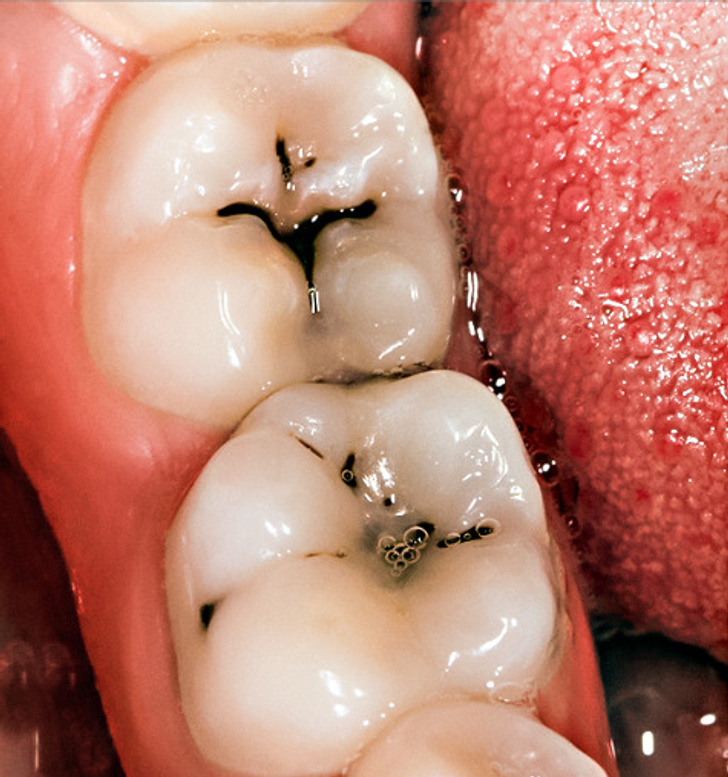11 Fashion Tips to Achieve a Chic and Polished Look


Recognizing the early signs of dementia can be challenging, especially when they seem like ordinary forgetfulness or mood changes. However, spotting these subtle red flags early can make a significant difference in managing the condition and seeking the right support.
CONTENT IS PROVIDED FOR INFORMATIONAL PURPOSES ONLY AND IS NOT INTENDED AS A SUBSTITUTE OF MEDICAL ADVICE. SEEK GUIDANCE OF YOUR DOCTOR REGARDING YOUR HEALTH AND MEDICAL CONDITIONS.

People with dementia may begin to exhibit behavior that seems out of character, disregarding social norms they once followed. This is known as disinhibition, a symptom that occurs when brain changes affect impulse control. As a result, they might make rude or tactless remarks, act inappropriately in social settings, or engage in impulsive actions such as touching strangers or speaking loudly in quiet places.
These behaviors can be distressing for loved ones, but they stem from the neurological decline associated with dementia rather than deliberate intent.

Hallucinations in dementia involve seeing, hearing, or sensing things that aren’t actually present. They often occur due to brain damage affecting perception, and are especially common in conditions like dementia with Lewy bodies and Parkinson’s disease dementia.
People with Alzheimer’s disease may also experience hallucinations. These sensory disturbances can be unsettling and may cause fear or confusion, requiring caregivers to provide reassurance and adapt their responses based on the individual’s emotional state.

Language difficulties are a hallmark of certain types of dementia, particularly primary progressive aphasia, a variant of frontotemporal dementia. As the frontal and temporal lobes deteriorate, individuals may struggle to recall words, form coherent sentences, or articulate their thoughts.
Over time, communication becomes increasingly challenging, leading to frustration and withdrawal from conversations. Although not all cases of primary progressive aphasia lead to full dementia, many individuals eventually develop broader cognitive impairments.

Routine activities that once felt effortless can become overwhelming for someone with dementia. Simple tasks such as dressing, cooking, or bathing may turn confusing as the brain loses its ability to sequence steps or recall necessary actions. A person might forget the correct order for putting on clothes, struggle to prepare a basic meal, or neglect hygiene due to memory lapses.
These difficulties often lead to increased dependence on caregivers, highlighting the progressive nature of the condition.

Dementia affects more than memory—it also impairs visual-spatial abilities, making everyday navigation and recognition difficult. Individuals may misjudge distances, struggle with depth perception, or have trouble recognizing familiar faces and objects. These issues can increase the risk of wandering, cause difficulty with reading, and even make driving unsafe.
As visual-spatial decline progresses, a person may lose confidence in their surroundings, further contributing to confusion and disorientation.

Alzheimer’s is the most common cause of dementia, which affects memory, planning, and organization skills.
Maintaining good oral health is crucial, not just for a bright smile, but also for your brain health, especially when it comes to Alzheimer’s disease. Research has shown that a bacterium, linked to gum disease, has been found in the brains of Alzheimer’s patients. This bacterium produces harmful substances that can damage brain cells, leading to the buildup of proteins that cause memory loss and cognitive decline, two major symptoms of Alzheimer’s.
Poor oral hygiene could contribute to these symptoms, as bacteria from the mouth can travel to the brain, making it even more important to take care of your teeth and gums to potentially reduce the risk of neurodegeneration.
Colon cancer can develop with subtle symptoms that many people dismiss as minor digestive issues, leading to delayed diagnosis and treatment. Early detection is crucial for better outcomes, but warning signs can be easy to overlook. Here are 5 key symptoms you should pay attention to before it’s too late.











